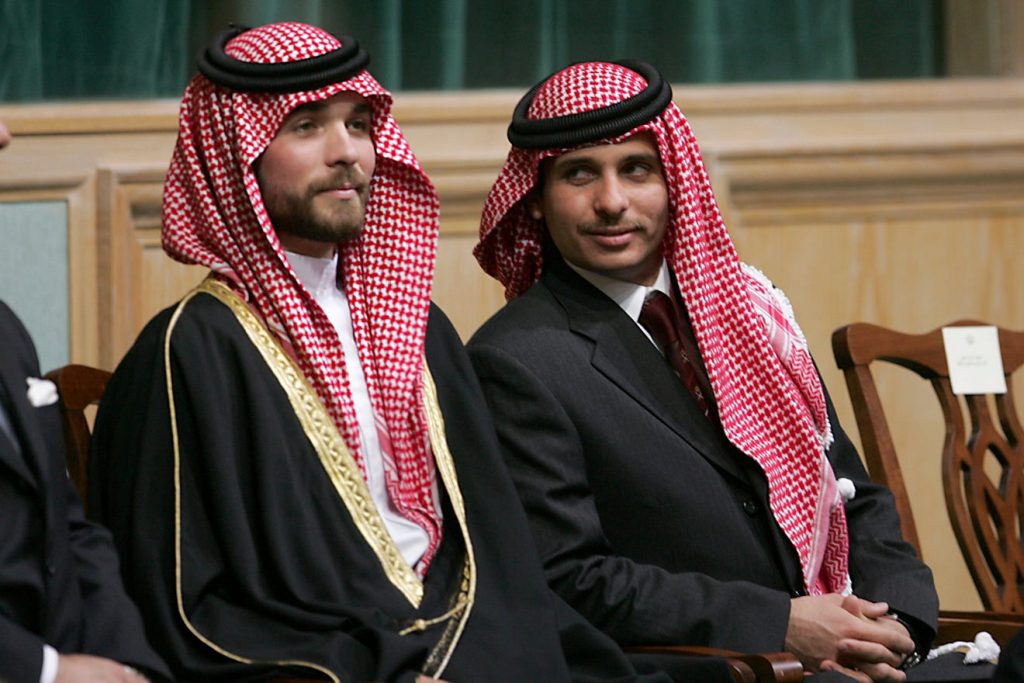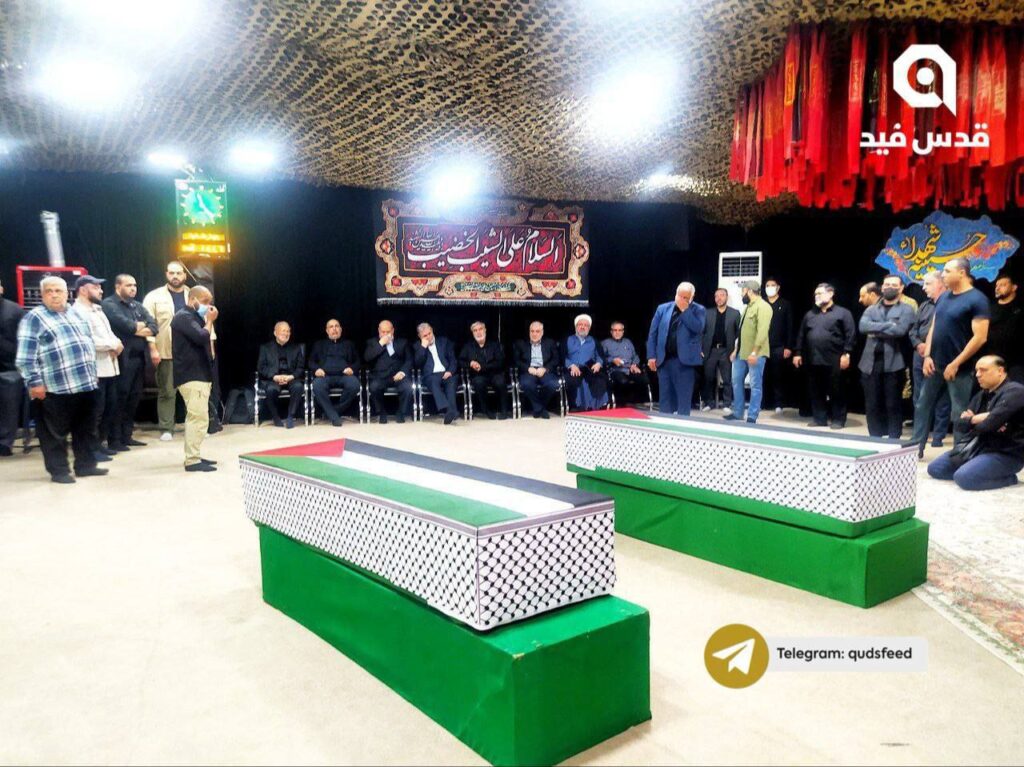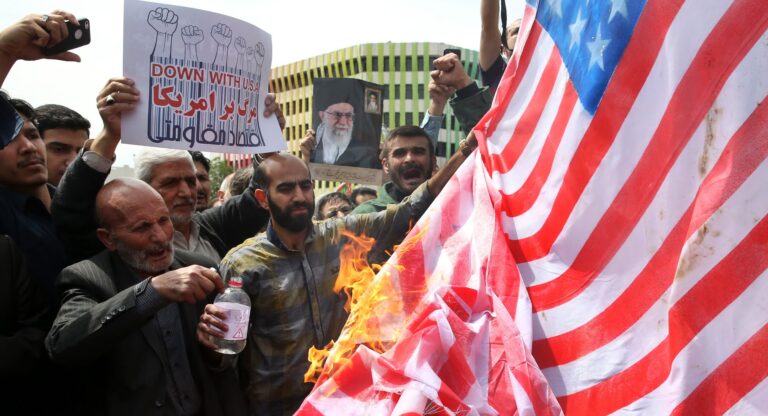After elections US President Donald Trump has suggested multiple times that the United States could take over the Gaza Strip and displace 2.1 million Palestinians to Egypt, Jordan, and other Arab countries as part of a plan to reconstruct the destroyed territory.
Both Amman and Cairo have refused to accept forcibly displaced Palestinians and Arab nations have stood firm in their opposition to the US president’s plan.
During his meeting with Trump, Jordan’s King Abdullah II – the first Arab leader to meet the newly installed POTUS – didn’t publicly challenge the ex-tycoon’s controversial suggestion nor respond directly when asked whether his country would take in Palestinians from Gaza.
Instead, the Jordanian leader tried to navigate the impasse with indirect diplomatic responses, deferring to an alternative Arab-led plan due to be presented at an upcoming summit that would rebuild Gaza without ethnically cleansing Palestinians.
Despite this ambiguity, with no clear approval or rejection of Trump’s statements about Gaza’s future, Jordan’s leader wrote on social media that during his visit to Washington, he had “reiterated Jordan’s steadfast position against the displacement of Palestinians in Gaza and the West Bank”.
Trump had indicated he would consider cutting US funding to Jordan if it refused his demand to take in Palestinian refugees but later backed down after Amman said it would immediately accept 2,000 sick children from Gaza in dire need of medical treatment.
The US has many tools to pressure Jordan, the margin to go against it is very little, which makes Jordan try to navigate all risks in a very wise way. There is importance of convincing the new US administration of the value of its alliance with Amman, highlighting fears for the Kingdom’s stability.
Since it signed the 1994 Wadi Araba peace treaty with Israel, the kingdom has been a key US partner and played a vital stabilising role in the region, receiving more than $1.5 billion in American assistance every year.
It’s no surprise the king hasn’t outright condemned the Trump administration’s proposal. It’s clear he’s posturing to US demands, Jordan is a “US satellite state. T The long-running partnership with Washington is what has ensured the Jordanian regime’s “survival.
Although the monarchy has taken a firm stance against the mass transfer of Palestinians, it is unclear to what extent King Abdullah can resist US pressure while safeguarding the country’s economic and political stability.

But Jordan also has its own leverage to wield. It has maintained a peace treaty with Israel for 30 years, despite its deep unpopularity among Jordanians, and it has been instrumental in protecting Israel in the past, including last year when it helped intercept a barrage of Iranian missiles aimed at Tel Aviv.
Moreover, it hosts 15 US military installations with nearly 4,000 American troops. Cutting or suspending aid to Jordan could seriously destabilise a reliable regional partner, which would not serve US, or Israeli, interests.
A large-scale influx of new Palestinian refugees into Jordan would pose an existential threat to the country and profoundly alter the demographic balance of the kingdom, where more than half of its population is of Palestinian descent, fuelling domestic frustrations.
The country has remained relatively stable in an unstable region, primarily because the US and Europe help fund efforts to host refugees. Jordan has absorbed successive waves of refugees following Israel’s expulsion of Palestinians in 1948 and 1967 and granted them full citizenship, unlike many other Arab nations.
Besides concerns for its political stability, an influx of more refugees would create unsustainable economic constraints for Jordan, which is already bearing a significant burden from prior regional conflicts, including the US invasion of Iraq in 2003 and 14 years of Syria’s war. Jordan is a resource-poor country, with debt accounting for 90 percent of its GDP, and unemployment standing at 22 percent.
Adopting Trump’s Gaza proposal would also have security stakes for the Hashemite Kingdom. Jordanians strongly oppose any collusion between their government and the US-Israeli-designed ethnic cleansing of Palestinians. Accepting uprooting of millions of Palestinians would translate to domestic unrest, and likely to lead to the collapse of the fragile status quo.
Thus, there is the risk of Jordan becoming a social incubator” for regional actors, potentially leading to the activation of dormant cells, the repositioning of Islamist groups, and security issues linked to refugee camps.
In addition, Amman is concerned that if Washington forces it to receive displaced Palestinians from Gaza, it could pave the way for Israel to push for the annexation of the West Bank, leading to the expulsion of three million Palestinians from the occupied territory into neighbouring Jordan.
That would make Jordan complicit in a policy that facilitates population transfers from Gaza, send a very strong signal to Israel to annex the West Bank and push out Palestinians, and change the country’s demography. Despite the Jordanian monarch having very little room to push back against the US plan for Gaza, accepting it would equally lead to a dead end for Amman.
With Israel’s occupation in the West Bank having already created a de facto reality of annexation, Benjamin Netanyahu’s government could simply formalise it. The current Israeli cabinet shows less interest in appeasing Arab countries who could offer concessions for peace.
This makes it hard to stop the Israelis who see this as a historic chance that will never come back, Since 7 October, Israel has advanced the idea of redesigning its borders out of security concerns in the West Bank, Gaza, Lebanon, and Syria, and now Jordan could face the same outcome.
So, Jordan is less worried about Gaza but more about its displacement setting a precedent for the de facto creation of a Palestinian state in Jordan through West Bank annexation, While the kingdom is closely watching developments in the West Bank, this won’t agree with the co-dependency between Jordan and Israel, as both rely on each other for security, economic, and political support.
We convince that any shift in the West Bank that results in population transfer would be seen as a declaration of war.
We rule out Jordan breaking off its peace treaty with Israel, but government figures are warning Tel Aviv not to take their neighbour for granted.
With Trump’s displacement plan complicating an already fragile ceasefire in Gaza, Arab countries face pressure to respond with a unified counterproposal for the besieged enclave’s reconstruction.
We are sceptical about an Arab plan, contending that Arab states have not been proactive in taking action on Gaza over more than 16 months, nor are they equipped to act.Arab countries must work toward a concrete alternative that everybody can live with. “They have to come up with a real plan that is political at the outset, backed up by financial support.
Trump had indicated he would consider cutting US funding to Jordan if it refused his demand to take in Palestinian refugees but later backed down after Amman said it would immediately accept 2,000 sick children from Gaza in dire need of medical treatment.Extent King Abdullah can resist US pressure while safeguarding the country’s economic and political stability.

More on this story: Israel wants to drag the US into a wider conflict in the Middle East

More on this story: Misjudging Russia Could Lead to War in Europe”




